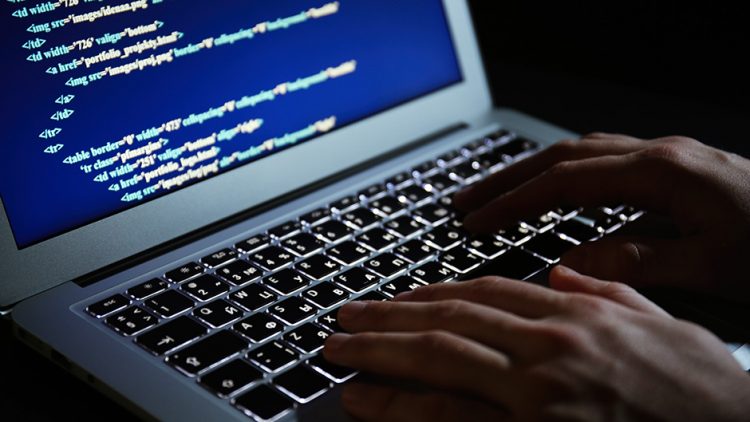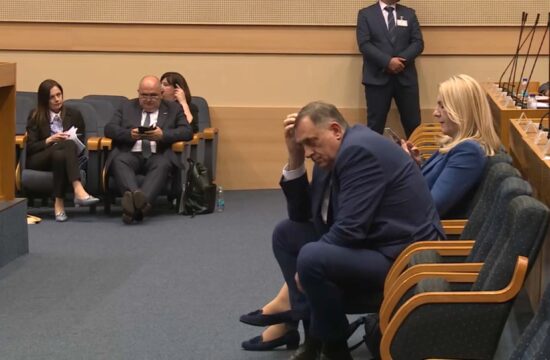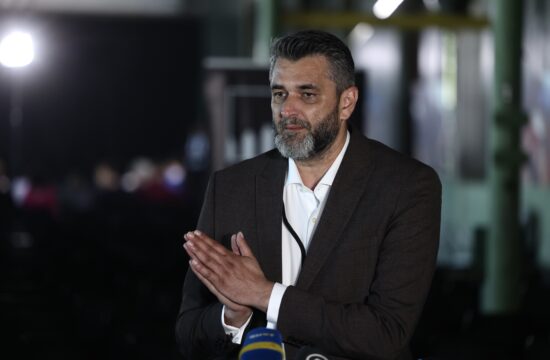
A pitched battle over copyright law in Europe is coming to a head. The European Parliament will vote on Tuesday on a radical overhaul of copyright rules that has pitted Big Tech against content creators.
The changes would make tech companies responsible for copyright infringements committed by their users. Sites like Google News would also be forced to pay publishers for using snippets of their content.
The proposal has been slammed by tech companies, which say they would have to build expensive content filters and stop linking to publications. Internet freedom activists warn that could lead to censorship.
On the other side of the debate are record labels, artists and media companies. They argue reforms are needed to update copyright protections for the internet age and to ensure they're fairly paid for content.
“Music and culture … don't just happen: they demand the hard work of so many people. We need an internet that is fair and sustainable for all,” Beatles star Paul McCartney wrote in an open letter.
This is the latest flashpoint between the tech giants and European officials, who have taken a much more robust approach than the United States over issues such as competition, data protection and tax.
Wikipedia has protested the proposal by switching off its pages in parts of Europe, while internet discussion board Reddit has bombarded EU users with simulated error messages about the issue.
Fairer internet or censorship?
One controversial rule would make platforms like Google's (GOOGL) YouTube liable for copyright infringements committed by users unless they can show “best efforts” were made to get permission from copyright holders.
Most experts agree that current EU rules governing this area need to be updated.
“Copyright does need to get updated for the 21st Century … record labels are not getting a fair deal out of YouTube,” said Hayleigh Bosher, who teaches intellectual property law at Brunel University in London.
But she said the bill is problematic. “This is not the way to do it,” said Bosher, “it places burdens on the platforms that are basically unachievable.”
Tech companies say they would need to build filters to prevent users from uploading copyrighted material. Internet activists say that amounts to using surveillance technology to limit their freedom of expression.
Critics say the provisions are far too broad and could hit material that is not protected by copyright, such as quotations or parody. They warn the law could even kill off internet memes.
“The directive creates vague, untested requirements, which are likely to result in online services over-blocking content to limit legal risk,” Kent Walker, Google's senior vice president of global affairs, said in a blog post.
The new rules would also require sites like Google News to pay publishers for displaying snippets of their content. They would only be able to share “very short extracts” or “individual words” when linking.
“If we want a future for professional journalism in the European Union, we must take action to support the press and to redress an unbalanced ecosystem,” four major European publishers’ associations said in a joint statement.
But Google argues the proposal would hurt small and emerging publishers and limit consumer access to a wide range of news sources.
Vague wording
Experts worry that the vague wording of the law could be problematic because phrases like “best efforts” and “very short extracts” could be interpreted in a number of ways.
“If a law is not clear, that's great news for lawyers, but it is problematic because it creates uncertainty,” said Eleonora Rosati, a lawyer and copyright expert at the University of Southampton.




